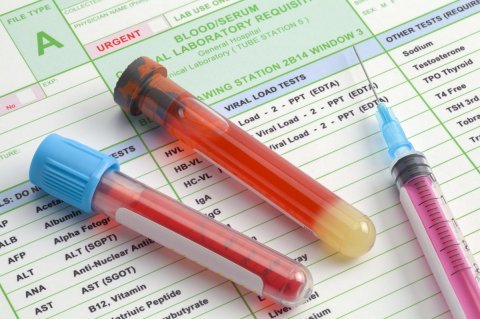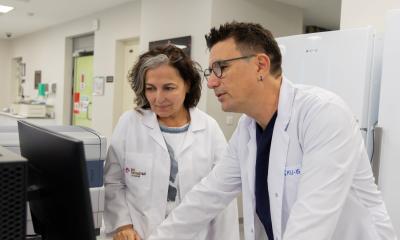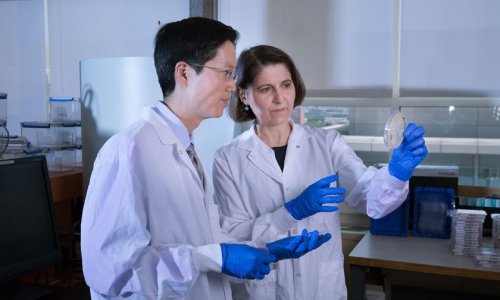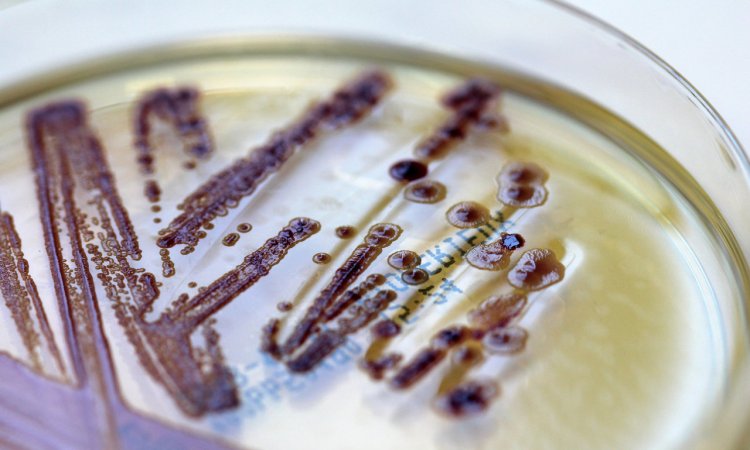News • T2Resistance Panel
Rapid diagnosis of bacterial infections
T2 Biosystems and CARB-X announced that the T2Resistance Panel is the first diagnostic to graduate from CARB-X’s portfolio. The graduation marks an important milestone on the path toward approval for use on patients in hospitals in the U.S., Europe and elsewhere around the globe.

The T2Resistance Panel is designed to detect 13 resistance genes from both gram-positive and gram-negative pathogens directly from a whole-blood specimen, without the need to wait for blood cultures. The panel is expected to be available for research use only (RUO) in the U.S. by the end of Q3 2019 and receive CE-Mark for commercial availability in Europe by the end of 2019.
“Addressing the global superbug crisis requires urgent development of innovative diagnostics, like T2’s technology, as well as new drugs and vaccines. This is the first diagnostic to graduate from CARB-X’s portfolio, and we are excited that we could help T2 with funding and support to develop this technology,” said Kevin Outterson, Executive Director of CARB-X, which is based at the Boston University School of Law. “The T2Resistance Panel will provide healthcare professionals with a new rapid test, a first of its kind, to provide timely and accurate detection of drug-resistant infections and inform treatment decisions to ensure patients are given the most appropriate care.”
“Rapid identification of the genes and species associated with antibiotic resistance can help enable the reduction of unnecessary antibiotic use, which is the primary cause of resistance. Being the first diagnostic to graduate from CARB-X’s portfolio is a significant milestone in the development of technology that has such capabilities,” said John McDonough, chairman and chief executive officer of T2 Biosystems.
Recommended article

News • Superbug MRSA
Unlocking the secrets of Staph's immune bypass
For years, medical investigators have tried and failed to develop vaccines for a type of staph bacteria associated with the deadly superbug MRSA. But a new study by Cedars-Sinai investigators shows how staph cells evade the body’s immune system, offering a clearer picture of how a successful vaccine would work.
The T2Resistance Panel identifies 13 of the most serious superbugs and resistance genes on the antibiotic-resistance threat list published by the Centers for Disease Control and Prevention (CDC), including genes indicating resistance to common empiric antibiotic therapies such as carbapenems, vancomycin, penicillin and more.

Diagnosing infections faster means saving lives and fighting the spread of superbugs
Bacterial bloodstream infections can be deadly even at low concentrations. If bacterial infections are identified quickly, patients can be placed on effective antibiotic therapy faster. T2MR technology enables rapid identification of bacterial pathogens and resistance markers directly in whole blood within three to five hours. Existing diagnostics rely primarily on blood cultures conducted in laboratories, which can take days, and do not always produce reliable results. As a result, physicians are often unable to treat infections quickly with the appropriate antibiotics, leading to higher mortality and use of unnecessary antibiotics.
Source: T2 Biosystems
25.09.2019





